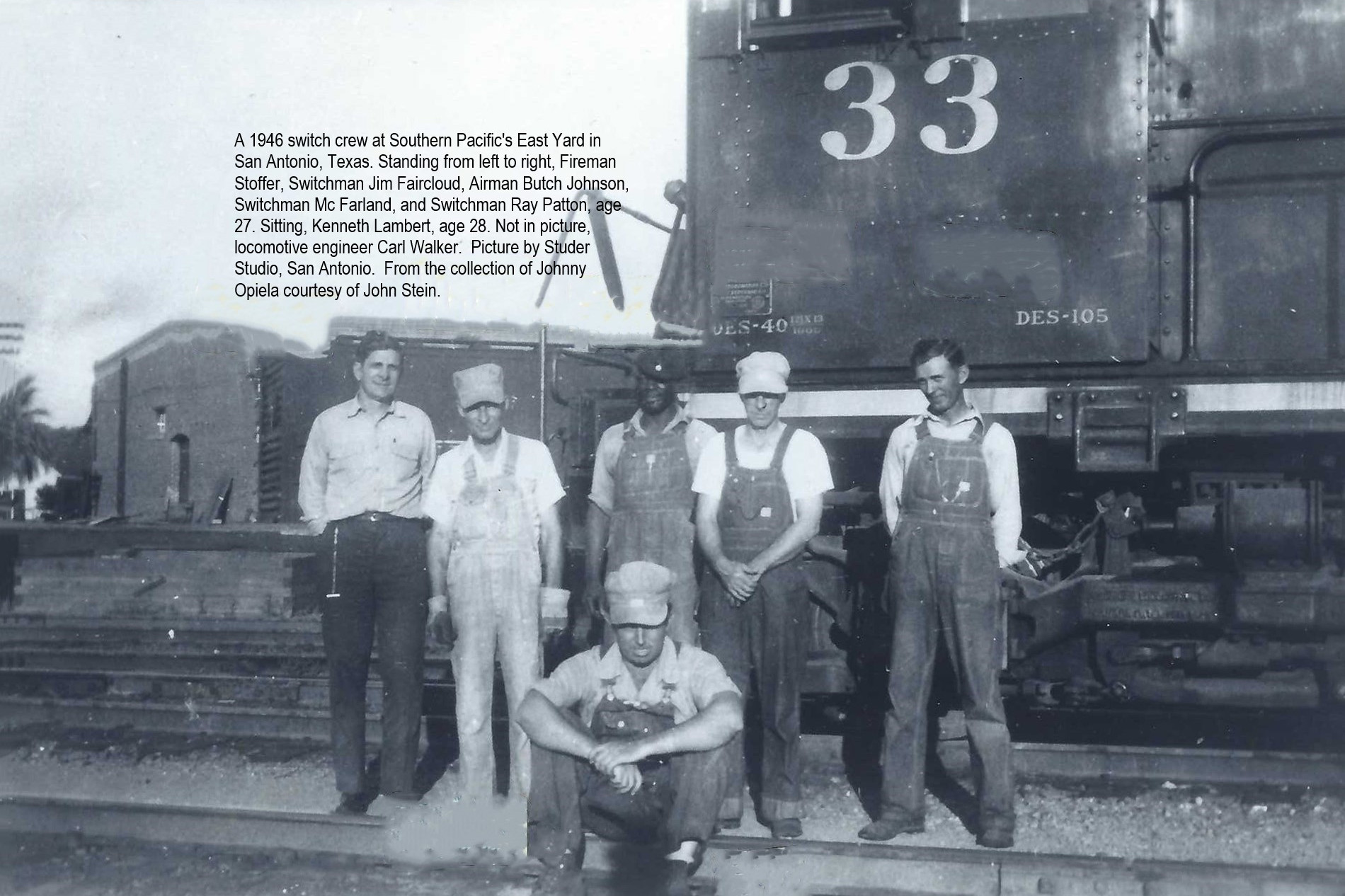UNIONS-HISTORICAL-IMPORTANCE

HISTORICAL IMPORTANCE OF RAILROAD UNIONS IN AMERICA
During the 20th century, railroad unions in the United States played a pivotal role in shaping labor rights, working conditions, and the overall labor movement. Here are some key aspects highlighting their historical importance:
- Rise of Collective Bargaining: The 20th century witnessed a significant rise in railroad unions and their efforts to establish collective bargaining rights. Through strikes, protests, and negotiations, unions fought for the right to bargain collectively with railroad companies on behalf of their members. This led to the formation of strong unions such as the Brotherhood of Locomotive Engineers (BLE), the Brotherhood of Railroad Trainmen (BRT), and the United Transportation Union (UTU).
- Improved Working Conditions: Railroad unions were instrumental in securing improved working conditions for railway workers. They fought against excessive working hours, unsafe practices, and inadequate pay. Through collective bargaining agreements, unions negotiated for shorter workweeks, standardized work hours, overtime pay, and improved safety regulations. These efforts contributed to a safer and more equitable working environment for railroad workers.
- Battle for Fair Wages: Railroad unions fought tirelessly for fair wages and better compensation. The establishment of unions allowed workers to negotiate for higher pay rates, benefits, and improved retirement plans. Union-led strikes, such as the Great Railroad Strike of 1877 and the Pullman Strike of 1894, were notable events that highlighted the struggle for fair wages and workers’ rights.
- Solidarity and Unionization: Railroad unions played a crucial role in fostering solidarity among railway workers. They organized workers, provided a collective voice, and built strong networks of support. Unions helped workers overcome divisions and enabled them to address common grievances collectively. This unity strengthened the labor movement and amplified the workers’ demands.
- Political Influence: Railroad unions exerted significant political influence during the 20th century. They actively participated in political campaigns, lobbying for labor-friendly legislation and advocating for the rights of railroad workers. Unions endorsed political candidates who supported their cause, helping to shape labor policies and laws at local, state, and federal levels.
- Battle for Civil Rights: Railroad unions also played a role in advancing civil rights during the 20th century. The Brotherhood of Sleeping Car Porters (BSCP), led by A. Philip Randolph, fought against racial discrimination and fought for fair treatment and equal rights for African American railway workers. This union’s successful efforts paved the way for broader civil rights movements and contributed to the advancement of racial equality in the United States.
Overall, railroad unions in the United States during the 20th century were essential in advocating for workers’ rights, improved working conditions, fair wages, and social justice. Their efforts laid the foundation for labor rights and collective bargaining, shaping the broader labor movement and contributing to the establishment of fair labor practices that persist to this day.
